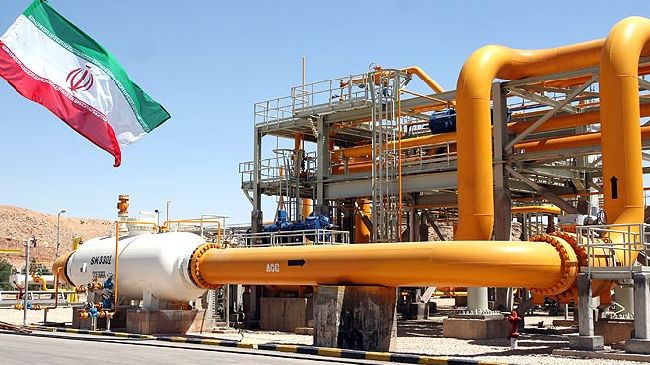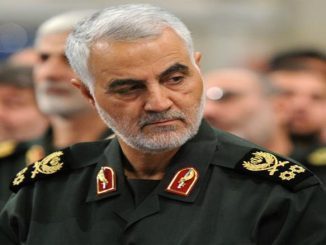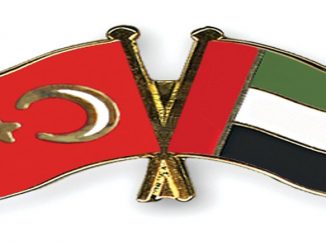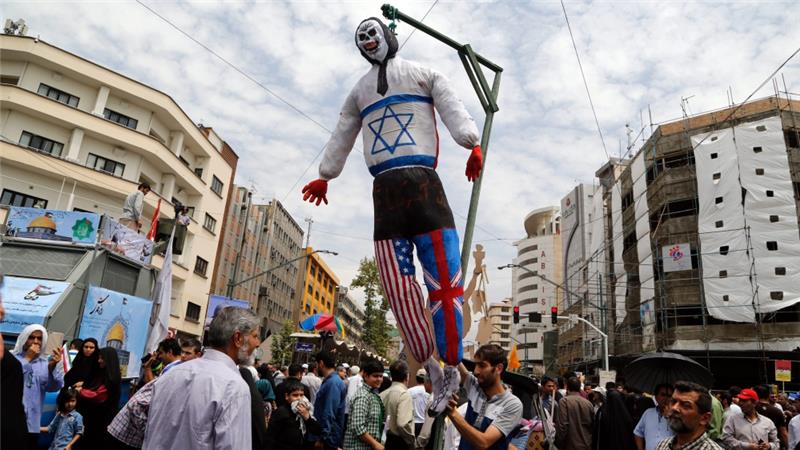
Iran’s oil minister dismissed India’s decision to cut oil imports from Tehran in 2017/18 by a fifth as a threat on Wednesday, in an escalation of a dispute over a giant gas field contract.
Sources familiar with the matter told Reuters last week that Indian state refiners were going to cut oil imports from Iran, as New Delhi seeks to put pressure on Tehran to award the Farzad B gas field to an Indian consortium.
“India is one of our good costumers, but we cannot sign (a) contract under threat,” Bijan Zanganeh was quoted as saying by Iran’s ISNA news agency.
“India’s cut of oil imports from Iran will not cause any trouble to us as we have other buyers,” he added.
Zanganeh said despite an extension of deadlines, India has not offered an acceptable proposal for the development of the gas field.
“Their proposal was not profitable to Iran … We sent (the) Indians a letter and told them we are keen to continue negotiations, but under sensible conditions, not under threats.”
Iran oil sale terms were said to be the most attractive for Indian refiners. Besides a liberal credit period, it also shipped the oil to India for a nominal 20 percent of normal ocean freight, in addition to 90 day period for India to pay.
However, Tehran reacted to the reduction by limiting the 90 day credit period it gave to Indian refineries to 60 days.
The Hindu in a report quoted informed sources in New Delhi as saying that Iran had designed both measures in retaliation against India’s decision to reduce Iranian oil imports.
The Hindu quoted unidentified sources as saying that the National Iranian Oil Company (NIOC) had also decided to cut the discount it offers to Indian buyers on freight from 80 percent to about 60 percent. Iran is yet to react to what has been described by the Indian media as retaliatory measures.
India, Iran’s biggest oil buyer after China, was among a handful of countries that continued to deal with the Tehran despite Western sanctions over its nuclear program.
A consortium headed by ONGC Videsh Ltd. (OVL), the overseas investment arm of Indian explorer Oil and Natural Gas Corp, discovered Farzad B in the Farsi offshore block in 2008.
The consortium, which also includes Oil India and Indian Oil Corp, could not obtain permission to develop the field due to Western sanctions, but those sanctions were removed last year.
India and Iran had both been hopeful of wrapping up the Farzad B deal by March, although Zanganeh said Iran has asked other countries to submit their proposals for its development.



